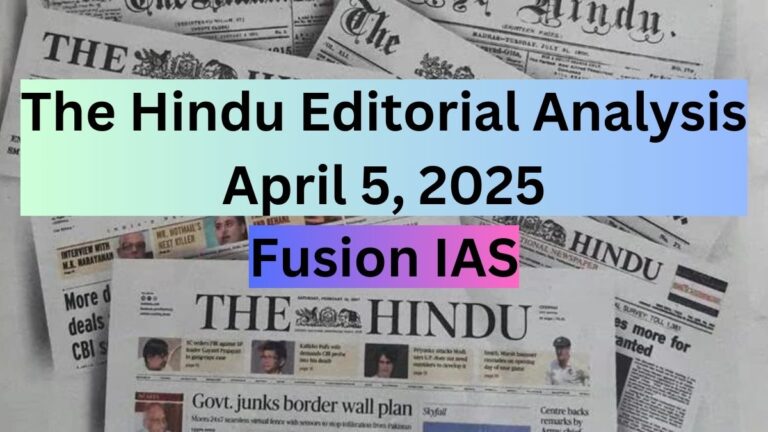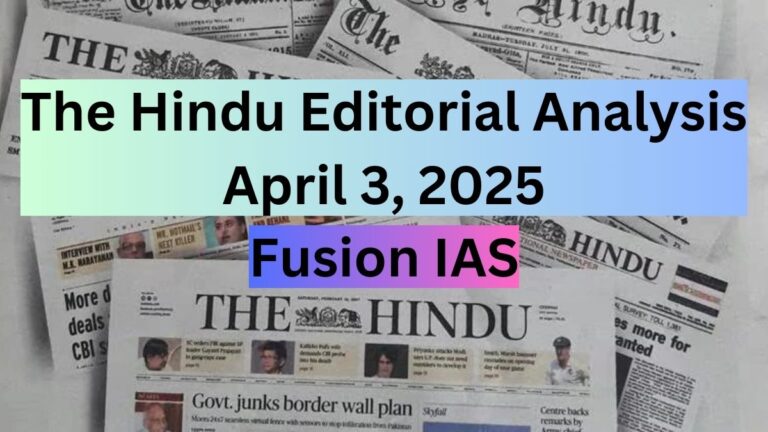
Detaining non-citizens and the rule of law
The article critically examines the immigration detention regime in Assam, particularly the detention of those declared as non-citizens after the National Register of Citizens (NRC) process. Although over 1.59 lakh people have been declared foreigners by Assam’s Foreigners’ Tribunals, only 26 people have been deported since 2017. Many detainees have no ties to any other country, making deportation unrealistic.
Challenges in Assam’s Immigration Detention Regime:
1. Indefinite Detention Without Legal Basis:
Thousands declared as foreigners are detained for years without trial, conviction, or realistic chance of deportation.
2. Lack of Deportation Mechanism:
Despite over 1.59 lakh people declared as foreigners, only 26 have been deported since 2017 — most detainees have no other country willing to accept them.
3. Unfair NRC Process:
People were required to show documents proving their family’s residence in India before 1971, which is unreasonable in flood-prone areas where documents are often lost or damaged.
4. Arbitrary Rejection of Documents:
Rejection of documents due to minor spelling errors or name variations, common across India, led to unjust denials of citizenship.
5. Violation of Constitutional Safeguards:
Detentions defy Article 21 (right to life and liberty) and Article 22 (limits on preventive detention), undermining constitutional protections.
6. Executive Overreach:
The executive bypasses judicial processes, threatening the independence of the judiciary and the principle of separation of powers.
7. Psychological and Social Impact:
Detainees live in harsh conditions with uncertainty, facing long-term mental and social consequences, despite not being criminals.
8. Poor Legal Recourse:
Limited access to legal aid and the absence of clear judicial redress makes it hard for detainees to challenge their status effectively.
Disclaimer:
This analysis is based on the editorial content published in The Hindu and is intended solely for informational and educational purposes. The views, opinions, and interpretations expressed herein are those of the author of original article. Readers are encouraged to refer to the original article for complete context and to exercise their own judgment while interpreting the analysis. The analysis does not constitute professional advice or endorsement of any political, economic, or social perspective.
Follow Fusion IAS


